In our digital era, privacy is a hot topic, especially since some apps have started to sneakily record what’s happening on our screens without asking for permission first. This practice certainly raises some eyebrows, bringing with it a whole set of ethical and legal dilemmas. It’s super important for us as users to be aware of how our data is being treated and protected.
The Growing Problem of Covert Screen Recording
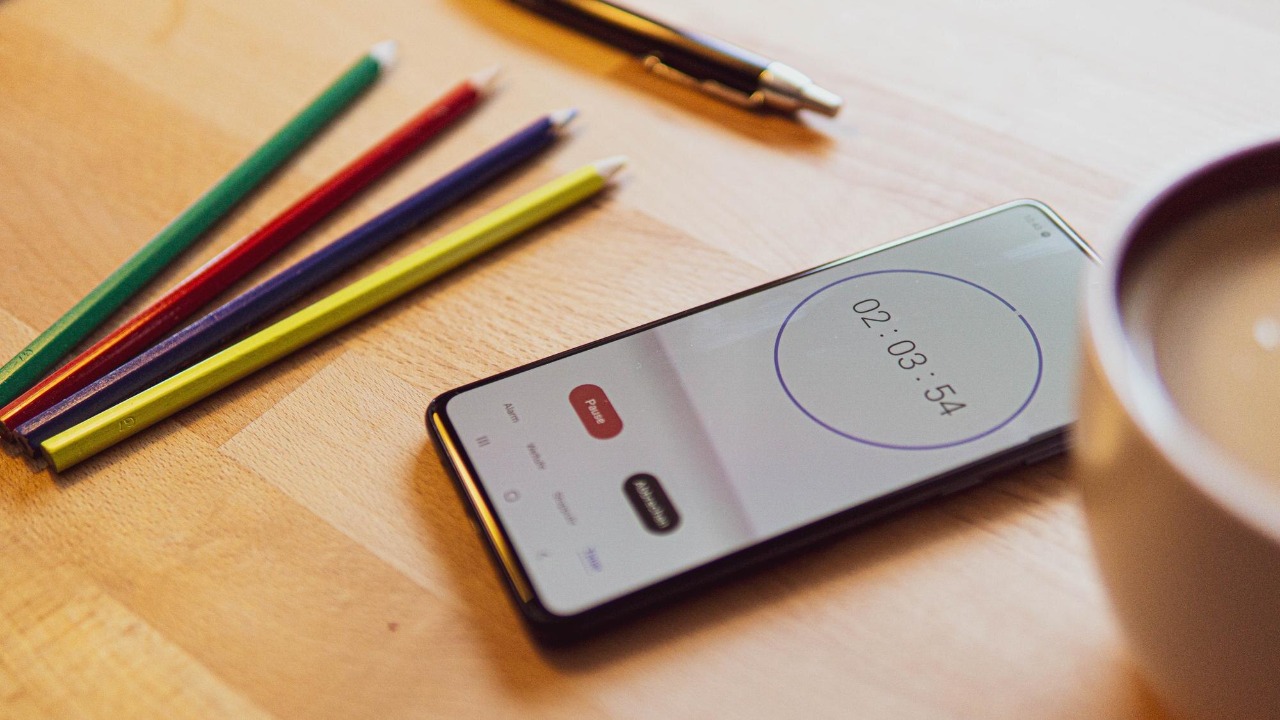
Recently, we’ve seen concerning reports about certain apps that decide to record screen activity without asking explicitly for users’ okay. Often, these shady practices are buried deep within complicated user agreements that make it tough for most folks to realize what they are actually consenting to. Take, for instance, the T-Mobile app, which was caught recording screen activity without users knowing. This has understandably triggered a wave of worry from those advocating for our privacy.
Moreover, we can’t ignore how advanced technologies, especially AI, play a role in these under-the-radar recording tactics. New tech means better ways to collect and scrutinize our data. An alarming example can be seen with YouTube, which has reportedly started editing videos using AI without informing users. This just goes to show how things could get a bit hairy when it comes to privacy and consent online.
How This Affects User Privacy and Security
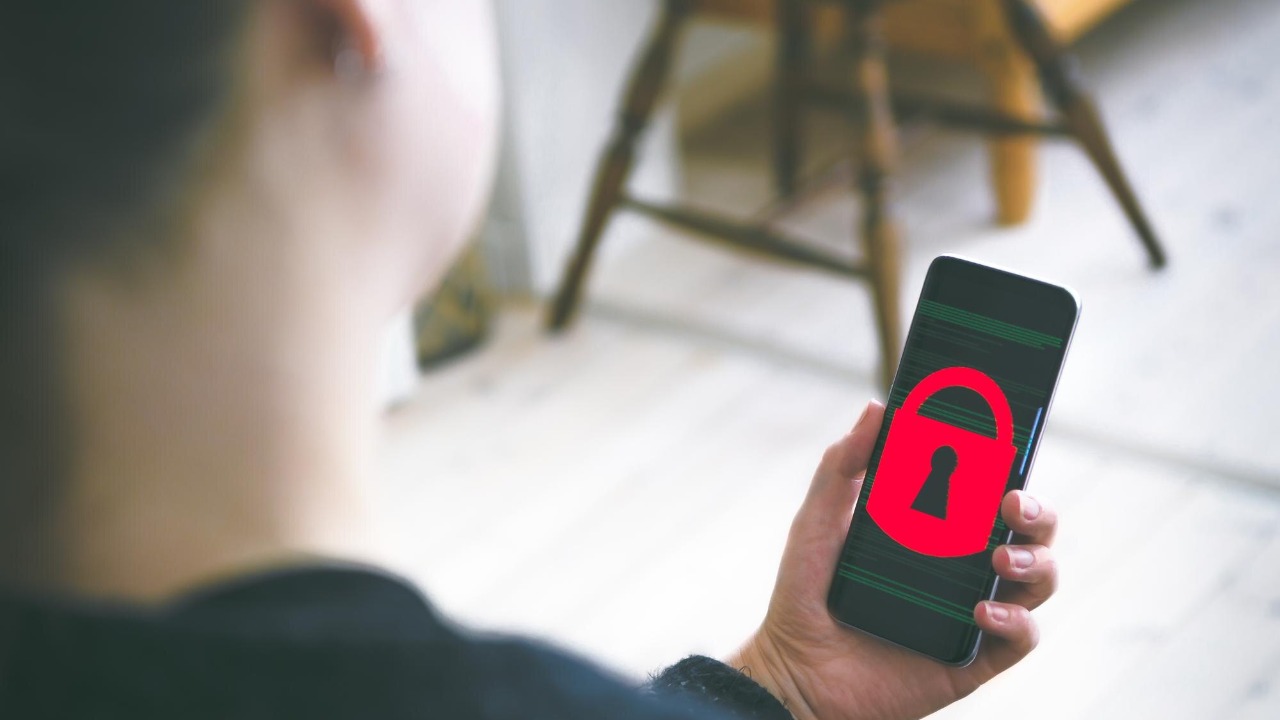
The repercussions of apps recording screen activity without permission are really serious, especially when it comes to privacy and safety. If apps are capturing what’s on our screens, they’re also likely snooping on sensitive info, from passwords and finances to private & personal messages, which could be used for harmful purposes. The risk of identity theft grows because this unfettered access can lead to fraud or impersonation.
But it’s not just personal safety that’s at risk. There’s a bigger picture too. When people find out their privacy is being steamrolled, trust can really take a hit—not just with that app but with tech in general. This can have a domino effect, causing people to step back from digital platforms, which isn’t great for innovation and progress in the tech world.
What’s the Legal and Ethical Standpoint?
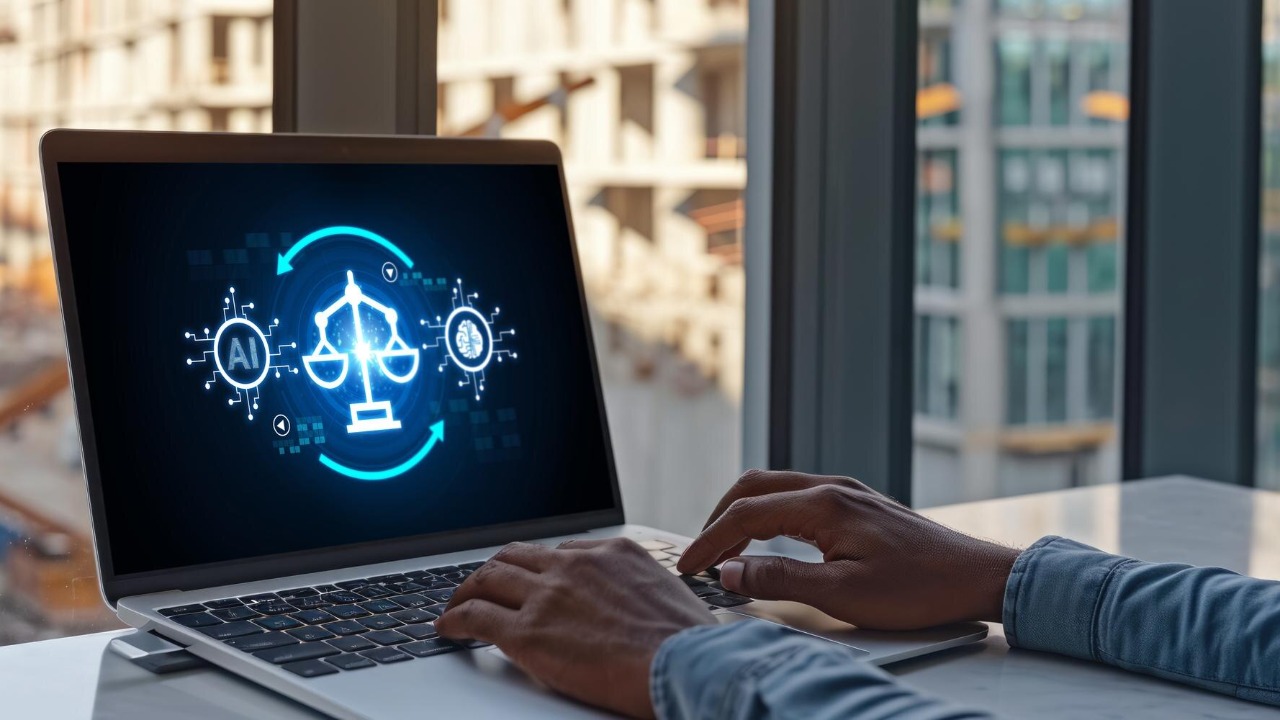
Navigating the laws around digital privacy can be tricky and they differ quite a bit depending on where you are. The burning question is: Are our current laws good enough to tackle unpermitted screen recording? Some regulations, like the General Data Protection Regulation (GDPR) in Europe, stress just how crucial user consent and transparency are. Yet, ensuring these rules stick when it comes to screen recording remains a tough task.
From an ethical viewpoint, app creators and tech companies must honor user privacy and make sure their actions line up with what users expect. Cases like the allegations about Google Chrome’s supposed recording abilities show just how vital it is to have transparency and let users take command of their data. If companies really care about building trust, they need to keep ethics at the forefront of their work.
Spotting and Defending Yourself Against Screen Recording Apps
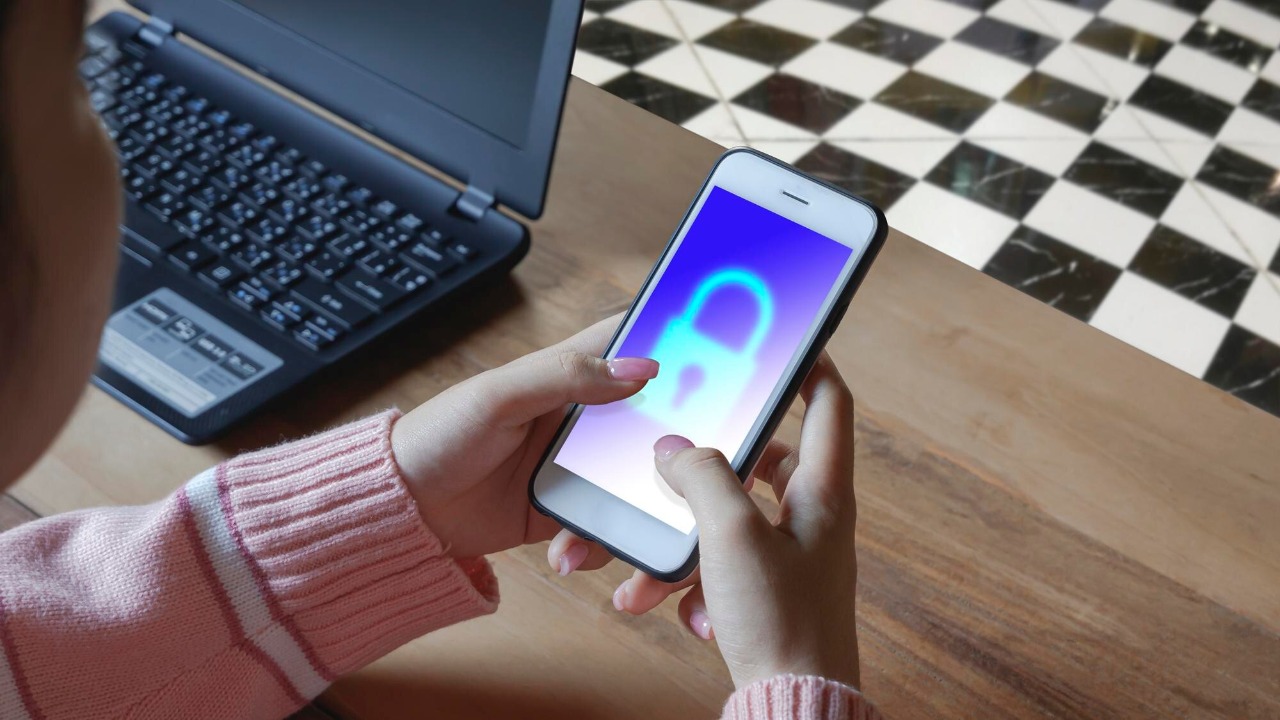
It’s super important to know how to spot if an app is recording your screen without letting you know. Experts at Bitdefender recommend being on the lookout for strange behavior from your device. Things like uncommonly high data use, battery draining faster than usual, or weird pop-up messages could all be signs that some dodgy software is in play.
You can best protect your privacy by keeping a close eye on the permissions you give to various apps and tweaking those settings to restrict access to sensitive data. Utilizing solutions that prioritize privacy, like turning off unneeded permissions and using privacy-centered apps, can go a long way in minimizing risks. Staying up-to-date on the latest privacy issues and strategies is key to holding on to your digital safety.
Looking Ahead: The Future of Digital Privacy and User Empowerment
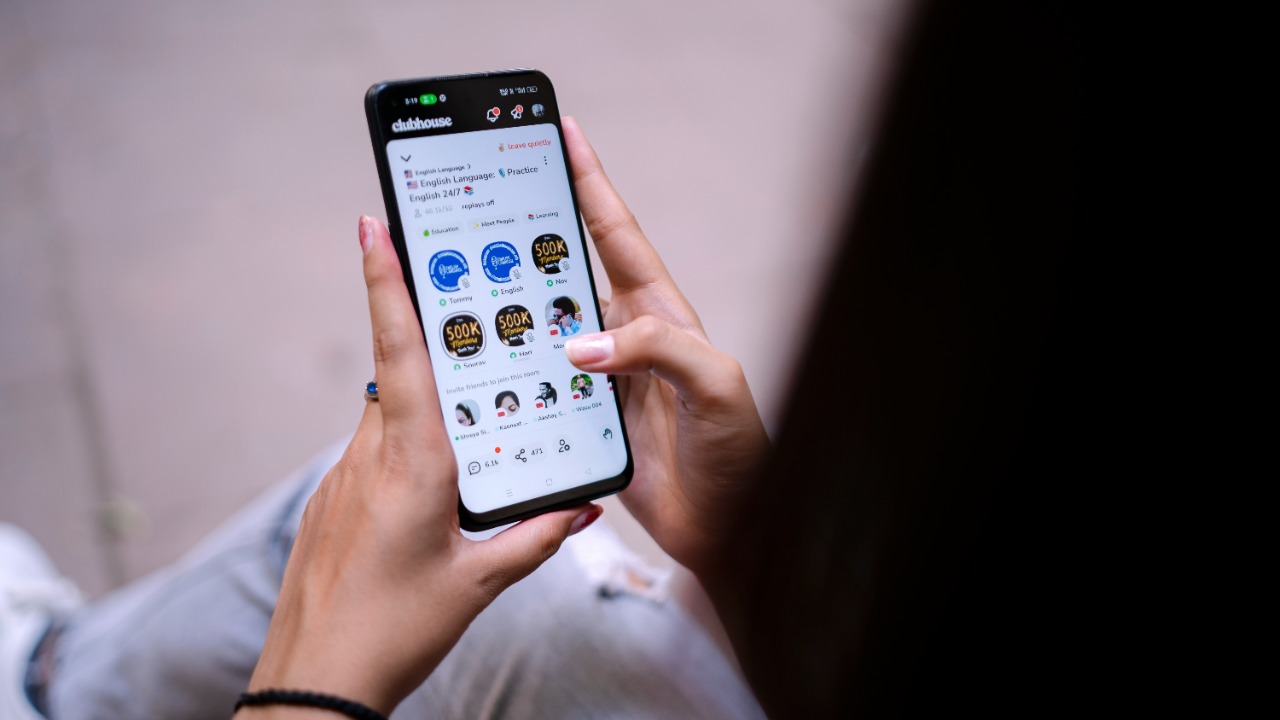
As technology keeps moving forward, the issues surrounding digital privacy will clearly also evolve. With exciting yet potentially alarming developments like AI wearables set to gain traction, the norms around privacy could shift significantly. A report by SF Standard suggests AI-enabled devices are quietly monitoring conversations in tech hubs like Silicon Valley, making it necessary for us to be proactive about defending our privacy.
If we look to the future, potential innovations and shifts in regulations could really empower users, giving them more say over their personal information and privacy rights. As public consciousness around privacy issues rises, there may be a growing movement toward technology and rules that prioritize users’ consent and clarity. By embracing a culture of privacy, the tech industry can help ensure that everyone retains control of their own digital footprint in this connected era.



















